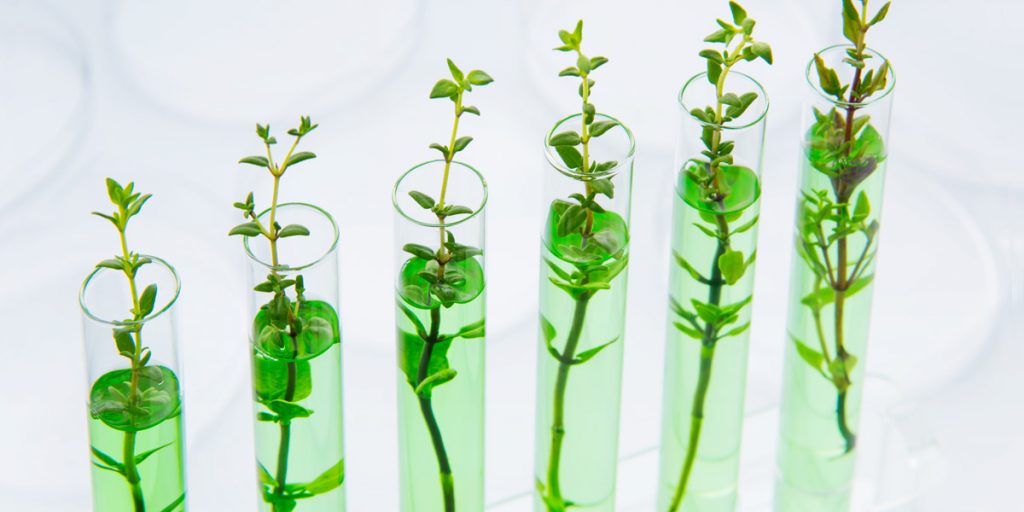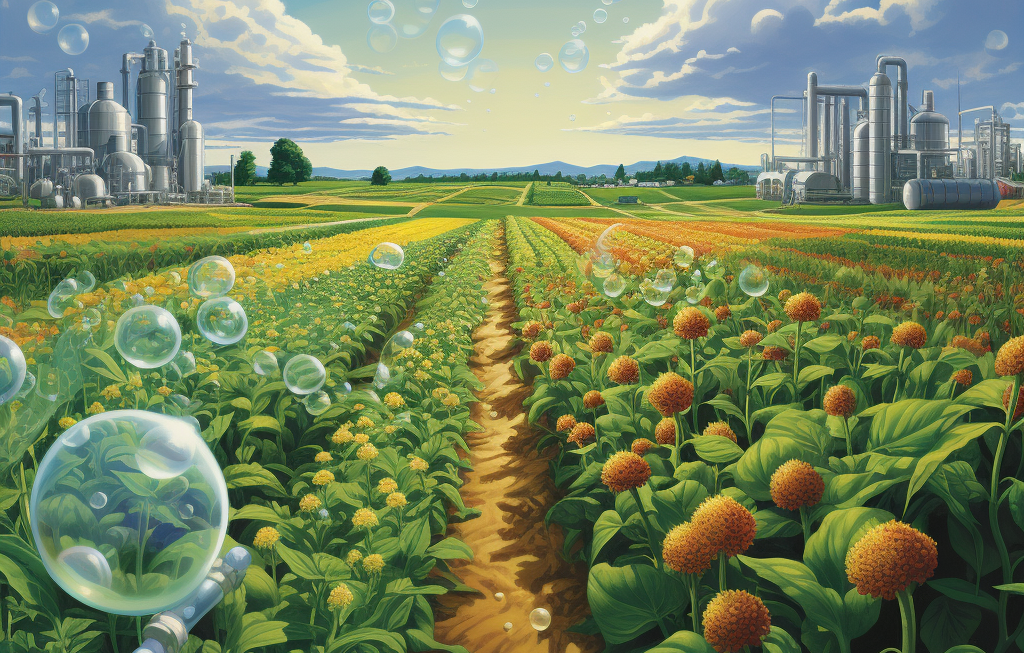The agricultural landscape has undergone a profound shift with the rise of genetically modified (GM) plants. Genetically modified organisms (GMOs), specifically plants, have become a focal point of widespread discussions, igniting debates surrounding their benefits, risks, and ethical considerations. In this blog post, we delve into the intricacies of genetically modified plants (GMP), shedding light on their development, applications, and the broader implications for agriculture and beyond.
Understanding Genetic Modification:
Genetic modification is the process of altering an organism’s DNA using advanced biotechnological methods. In the realm of plants, specific genes are inserted, modified, or silenced to confer desired traits. These traits may encompass resistance to pests, tolerance to herbicides, improved nutritional content, and extended shelf life.

Advantages of Genetically Modified Plants(GMP) :
Increased Crop Yield:
GM plants are engineered to resist pests and diseases, resulting in higher crop yields. This enhancement contributes to global food security by ensuring a more dependable and plentiful food supply.
GMP Pest Resistance:
Incorporating genes for pest resistance reduces the reliance on chemical pesticides. This not only benefits the environment by reducing chemical usage but also minimizes potential harm to non-target organisms.
Herbicide Tolerance:
Certain GM plants are designed to tolerate specific herbicides, facilitating more effective weed control. Farmers can utilize herbicides to manage weeds without impacting the genetically modified crop.
Improved Nutritional Content:
Genetic modification can enhance the nutritional content of crops. For instance, Golden Rice has been engineered to produce beta-carotene, a precursor of vitamin A, addressing vitamin A deficiency in specific regions.
Drought and Salinity Resistance:
GM plants can be developed to withstand challenging environmental conditions such as drought or high salinity. This trait is pivotal for ensuring stable crop production in regions prone to these stressors.

Genetically Modified Plants(GMP) Challenges and Concerns:
Environmental Impact:
Critics express concerns about the potential environmental impact of GM crops, including unintended effects on non-target organisms and ecosystems.
GMP Human Health and Safety:
The safety of consuming genetically modified foods is an ongoing subject of research and debate. Regulatory bodies assess potential risks to human health, with concerns about allergenicity and long-term effects persisting.
Biodiversity:
Widespread cultivation of GM crops may raise concerns about reducing biodiversity by favoring a small number of genetically uniform crops, potentially leading to ecological imbalances.
Ethical Considerations:
Ethical implications of genetic modification involve questions about playing “nature’s role,” patenting life forms, and ensuring equitable access to GM technologies, particularly in developing countries.
Regulatory Landscape:
Various countries have established regulatory frameworks to assess and manage the release of genetically modified plants(GMP) . These regulations aim to evaluate the safety of GM crops for human health and the environment before commercialization.
GMP Future Directions:
The field of genetic modification continues to evolve, with ongoing research focusing on refining existing traits and introducing new ones. Techniques like CRISPR-Cas9 gene editing offer precise and targeted modifications, opening new possibilities for crop improvement.
Genetically modified plants(GMP) present a dual narrative in agriculture, offering increased productivity and resilience alongside concerns about environmental impact and safety. As technology advances, continuous research and transparent dialogue are vital to navigate responsibly, ensuring that the benefits of genetic modification are harnessed for the betterment of global food systems.






